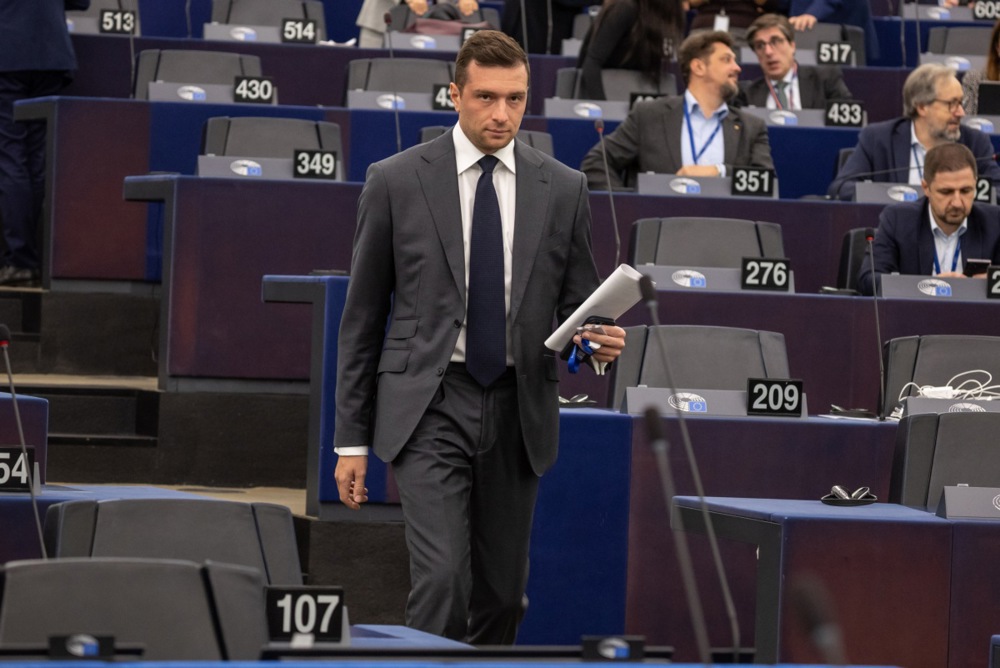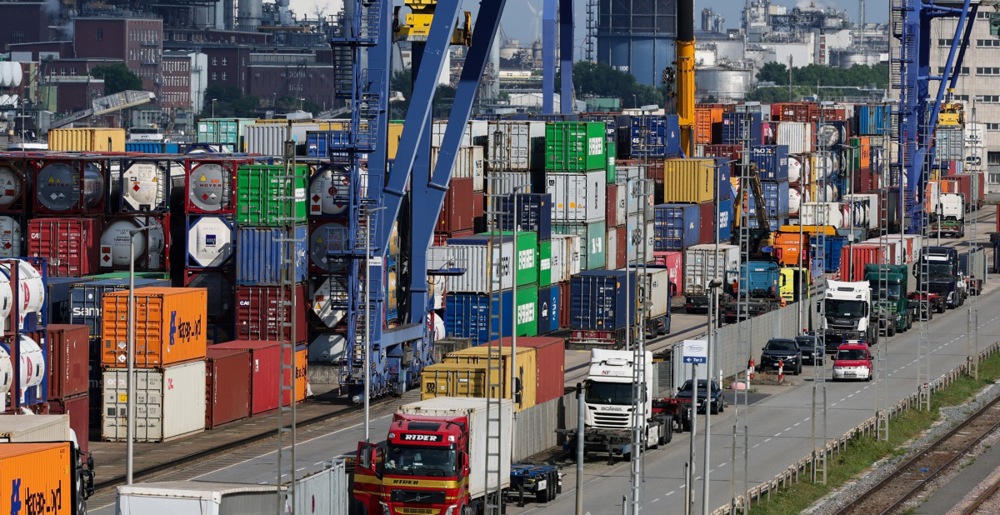EU leaders have given a lukewarm welcome to US President Donald Trump and his efforts towards peace in Ukraine.
Both European Commission President Ursula von der Leyen and European parliament leader Manfred Weber said they welcomed “any initiative towards peace” despite having condemned “appeasement” last year.
At a press conference today, Weber, President of the European People’s Party (EPP) – of which European Commission President Ursula von der Leyen is also a member – said he and his group “fully support any initiative to bring peace in Ukraine”. He added that “after the last meeting [Trump-Putin summit] in Alaska, nothing happened — the bombings are worse”.
He argued that Trump’s strategy of wondering “what can we do to make Putin happy” was not so effective before concluding that perhaps “nothing” could please Putin.
That tone — resigned yet welcoming — marks a change of standpoint from when Trump first took office. Then, Weber called the President’s remarks about Ukraine “lies”.
EC chief diplomat Kaja Kalla also said she didn’t expect much from the summit. “Russia only understands strength”, she wrote on X.
Last year, Ursula von der Leyen qualified Hungarian PM Viktor Orban tentative to discuss with Putin as “appeasement”. At the beginning of the war, the position of the EU was “resolve, not appease”.
The US President has an idea of peace with which the EU does not agree: that Ukraine abandon territory.
The EU has stated that Putin is the only one responsible for the war, while President Trump has also apportioned blame to Ukraine as well.
The legal and political implications of Trump’s potential engagement with Putin in Budapest are also being carefully weighed.
Weber echoed Kallas’ caution, underlining both support for the initiative and scepticism about its effectiveness.
He reiterated that Europe seeks a “united voice” to pressure Russia, hinting that [Viktor] Orbán’s co-operation could be decisive.
Kallas also weighed in, noting that it is “not nice” to envisage a figure subject to an International Criminal Court arrest warrant upon entering an EU member state. At the same time she stressed that US leverage could still push Russia to negotiate and that any agreement must involve direct dialogue between Zelensky and Putin.
EC spokespeople reinforced the conditional nature of this support, emphasising that, regarding Putin, issues such as country’s airspace remain a national decision. “Yes, it is a national decision regarding the airspace where Putin’s plane can fly through,” EC spokespeople confirmed.
Hungary is vocal about not being able or willing to stop importing Russian energy – one of the main strategies of the EU in its “sanctions packages”.
There have been 19 sanctions packages so far. They are designed “stop fuelling Russia’s war economy” but have not had the expected effects.
Trump has asked his “good friend” Orbán to stop buying Russian energy. At the same time, the US is also an important energy exporter and has used tariff negotiations and the sanctions against Russia to push its gas exports.





